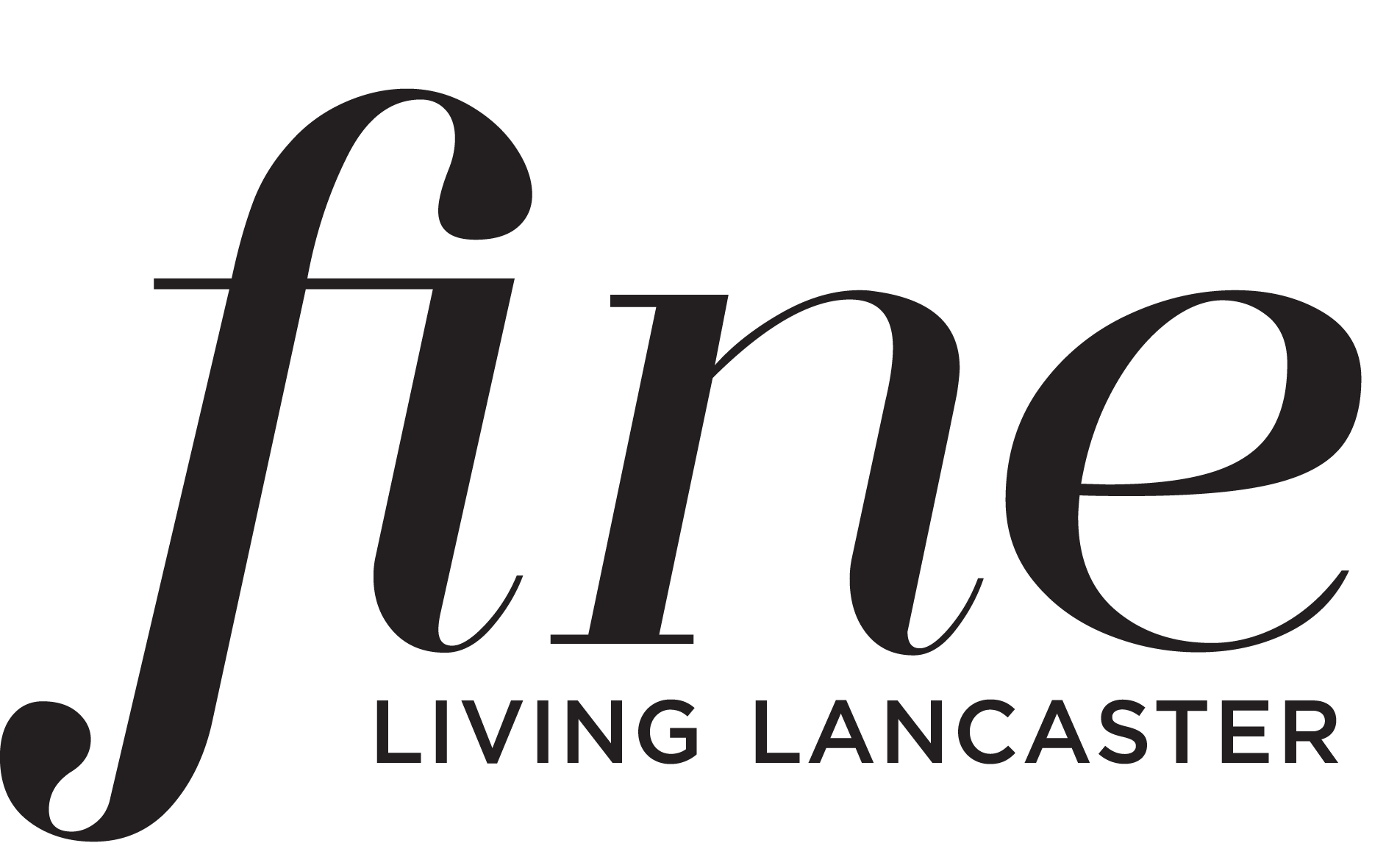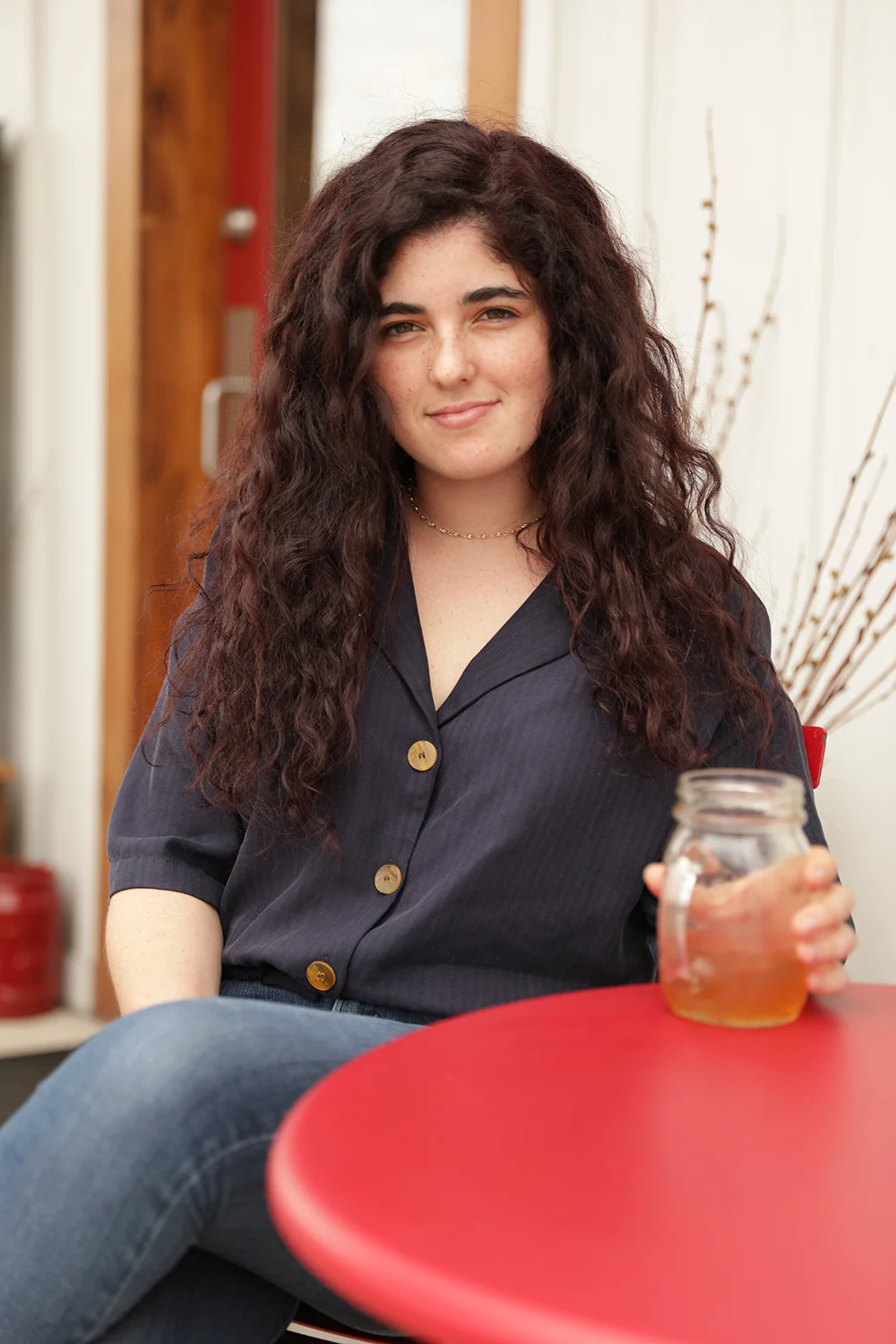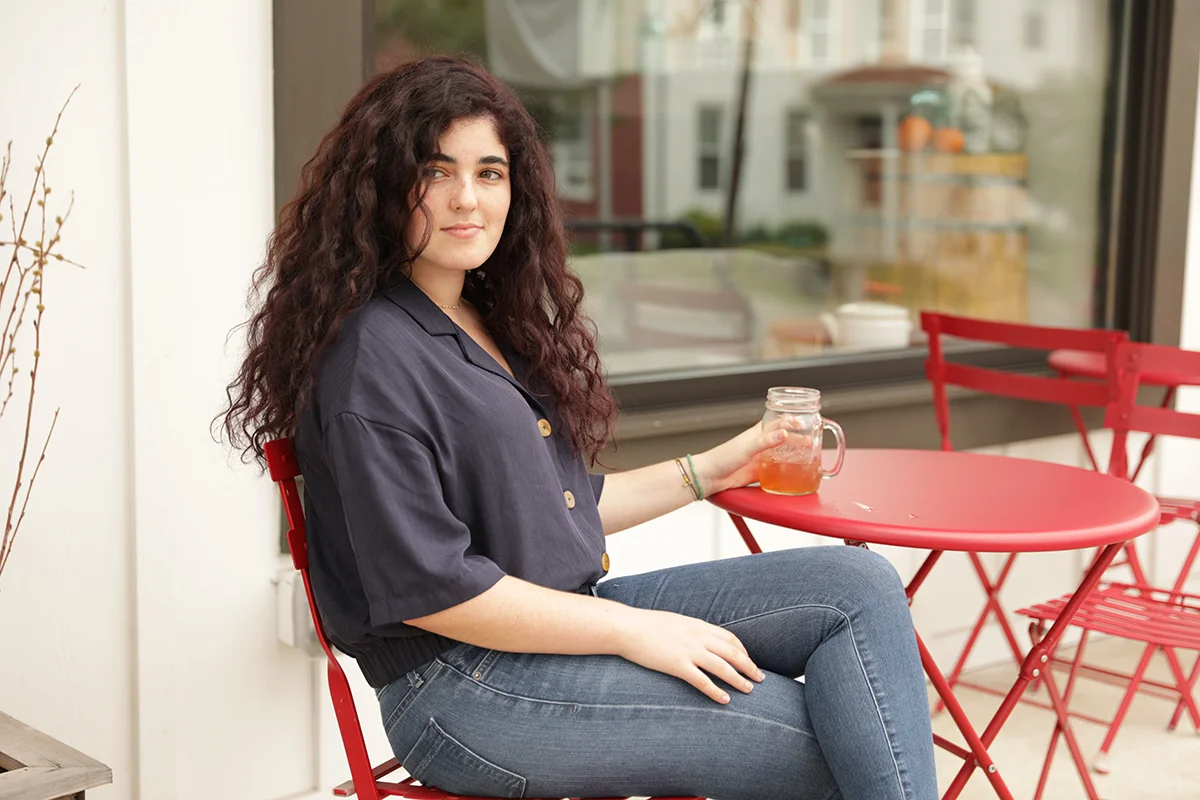Interview with Rose Strauss
The attention all started with a question: a well-researched, pretty straightforward question, posed to a political candidate. And then it went viral. Publications like Teen Vogue and The New York Times were requesting interviews.
It is in that Times article, published in July of this year, that I became aware of Rose Strauss, a powerful young woman and the on-the-ground movement she is a part of, one that is growing in numbers. Young voters are tired of decisions being made that affect them, but do not benefit them. Any time adults underestimate this new youth movement—made up of smart, engaged, highly informed “kids”—a warning should ring out. These kids aren’t naïve; thanks to social media and a changing political climate, these students are strategic, smart, and savvy. Rose Strauss, Emma Gonzalez, David Hogg, Lauren Cooley, and Kyle Kushev are just a few young folks that are passionate about political change and skilled enough to create it.
Rose and I meet for our interview in a popular coffee shop in Downingtown (a town known to many Lancastrians as a train stop along the Amtrak path from Lancaster to Philadelphia) where I struggle to spot her in a see of fresh faces, all deep in their computer screens or coffee cups. She recognizes me immediately, and gets up to escort me to our designated table. She is engaging and welcoming, but she is also purposeful in directing the interview. She has taken a break from canvassing the neighborhood to register people to vote, and she allotted just so much time for our coffee together. I’ve done my homework, and discovered that she is from California (the Bay Area). She’s studying Marine Biology. As she explains, “In middle school, I ran fundraisers and created clubs for students to become aware of the environment. In high school, I ran workshops that helped to teach others how to organize themselves to bring about climate action.” Today, at 19-years-old and on hiatus from her studies at University of California, Santa Barbara, she is working with the Sunrise Movement, learning how to awaken the young voter to their right to vote, as well as the power in their vote and their political engagement. As she explains, “We need to be driving policy, not just electric cars.”
Rose Strauss’s commitment to for social justice reaches back to the loss of many of her family members in the Holocaust, and the commitment that becomes woven into your DNA that demands you are never silent when voice and action are required. She claims her hero to be Dr. Sylvia Earle, a marine biologist badass (Rose’s description) and president of Mission Blue, a global coalition of scientists inspiring environmental awareness. Rose’s passion, for as long as she can remember, has been trying to bring an awareness of environmental issues to her peers, in the hopes of creating change—everything from meatless Mondays to trying to get her high school to symbolically ratify the signing of the Paris Agreement by cutting their own emissions by 30 percent.
Now, she has altered her course a bit towards public policy and she emphasizes that, “[young voters] are not political pawns and we are not going to back down. It is just insanity that nothing [concerning environment] is happening.” Rose is driven and informed, passionate and organized; she is young, but not naïve, and she along with thousands of others, have awakened to their own political power. She and others are walking the streets, canvassing their neighborhoods, and helping neighbors register to vote. She and others are educating themselves on how to be informed citizens. She is asking questions of our leaders and of the candidates. She and her fellow change-makers are practicing the necessary steps to ensure the survival of our democratic republic. Our Founding Fathers, namely James Madison, emphasized that an informed and engaged citizenry was necessary to its survival. Rose Strauss and so many others are guaranteeing this shining light on the hill survives, that our waters are clean, and that our air is breathable. Gratitude and appreciation should be extended, not dismissals.
A change is coming. It’s blowing in the wind… and knocking on our doors.
By Marian Pontz








